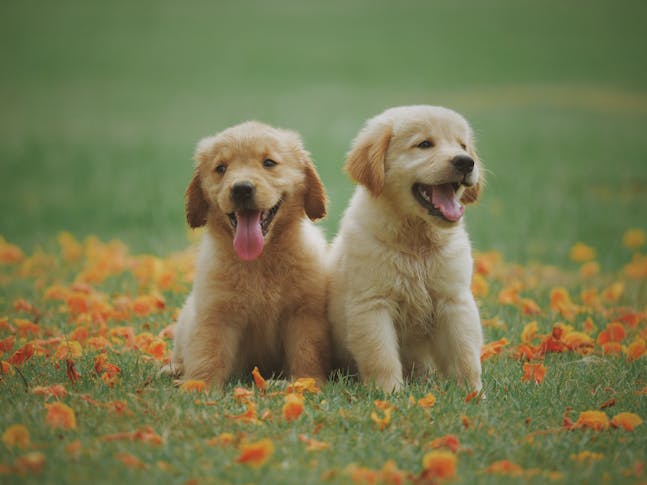Ever caught your cat staring at your lollipop with curious, wide eyes? As tempting as it may be to share a sweet treat with your feline friend, it’s important to know whether lollipops are safe or risky for cats. Let’s explore everything you need to know about cats and lollipops, including potential dangers, symptoms to watch for, and safe alternatives.
🍭 Can Cats Eat Lollipops?
The short answer is no, cats should not eat lollipops. While lollipops may seem harmless, they contain ingredients that are not safe for cats. From sugar and artificial sweeteners to flavorings and dyes, these candies can pose serious risks to your feline’s health.
Cats are obligate carnivores, meaning their bodies are designed to process proteins and fats, not sugar or carbohydrates. Even small amounts of sugary or artificially sweetened foods can lead to digestive issues or more serious complications over time.
🚨 Risks of Lollipops for Cats
Here are some of the main reasons why lollipops can be harmful to cats:
- - Sugar overload: Cats don’t have taste receptors for sweetness, but consuming sugar can still upset their digestive system, leading to vomiting, diarrhea, or lethargy.
- - Artificial sweeteners: Some lollipops contain xylitol, a sugar substitute that is highly toxic to pets. Even a small amount can cause hypoglycemia (low blood sugar), liver damage, or seizures in cats.
- - Choking hazard: The hard candy and stick can become a choking hazard or cause internal blockages if swallowed.
- - Toxic flavorings and dyes: Certain flavorings (e.g., chocolate, grape) and artificial dyes can be toxic to cats, triggering allergic reactions or other health problems.
Even if your cat doesn’t show immediate symptoms, regular exposure to sugary or toxic foods can contribute to long-term health issues, such as obesity, diabetes, or dental disease.
🤔 Symptoms to Watch for If Your Cat Eats a Lollipop
If your cat manages to sneak a lick or bite of a lollipop, monitor them closely for the following symptoms:
- - Vomiting or diarrhea
- - Lethargy or weakness
- - Loss of appetite
- - Excessive drooling
- - Difficulty breathing
- - Seizures or tremors
Contact your veterinarian immediately if you notice any of these signs, especially if you suspect your cat consumed a lollipop containing xylitol or other toxic ingredients.
🐾 What to Do If Your Cat Eats a Lollipop
If you catch your cat eating a lollipop, take the following steps to ensure their safety:
- - Remove the lollipop: Gently take the lollipop away from your cat to prevent further ingestion.
- - Check the ingredients: Look at the candy wrapper to determine if it contains xylitol, chocolate, or other toxic substances.
- - Call your vet: Even if your cat seems fine, it’s a good idea to call your veterinarian for advice. They can recommend whether further action is needed.
- - Monitor your cat: Keep an eye on your cat’s behavior and watch for any signs of illness. Report any symptoms to your vet immediately.
In cases where your cat ingested a large amount of candy or toxic ingredients, your vet may recommend bringing them in for an examination or inducing vomiting under professional supervision.
✅ Safe Treat Alternatives for Cats
Instead of sharing lollipops, consider offering your cat these safe and healthy treats:
- - Freeze-dried meat treats (e.g., chicken, turkey, or fish)
- - Small pieces of cooked, unseasoned chicken or fish
- - Catnip or cat grass
- - Commercial cat treats specifically designed for feline health
These options are not only safer but also more aligned with your cat’s natural dietary needs. Always introduce new treats in moderation to avoid upsetting your cat’s stomach.
🩺 Vet Advice: Prevention Is Key
Preventing access to lollipops and other harmful human foods is the best way to protect your cat’s health. Here are some tips to keep your curious feline safe:
- - Store candy out of reach: Keep lollipops and other sweets in a sealed container or high cupboard where your cat can’t access them.
- - Dispose of wrappers safely: Cats may be attracted to the smell of candy wrappers, so make sure they’re thrown away in a secure trash bin.
- - Educate family members: Remind everyone in your household not to share candy or sugary treats with your cat.
If you’re ever unsure about whether a food is safe for your cat, consult your veterinarian for guidance.
FAQs
Can a small lick of a lollipop harm my cat?
In most cases, a single lick is unlikely to cause serious harm, but it’s still best to avoid letting your cat taste lollipops. Monitor them for any signs of illness.
What should I do if my cat eats a lollipop with xylitol?
Xylitol is extremely toxic to cats. Contact your vet immediately if you suspect your cat has consumed xylitol, even in small amounts.
Are sugar-free lollipops safe for cats?
No, sugar-free lollipops often contain artificial sweeteners like xylitol, which can be dangerous for cats. Avoid giving them to your pet.
Can kittens eat lollipops?
No, kittens are even more vulnerable to the harmful effects of sugary or toxic foods. Always stick to a diet designed for growing cats.
What are some human foods I can safely share with my cat?
Small portions of plain, cooked chicken, fish, or eggs can be safe for cats. Avoid seasoning or adding any sauces.
References
Book a $49 online vet consultation at https://www.dialavet.com for fast, expert advice.






















%2520(1).png)
%2520(1).png)


